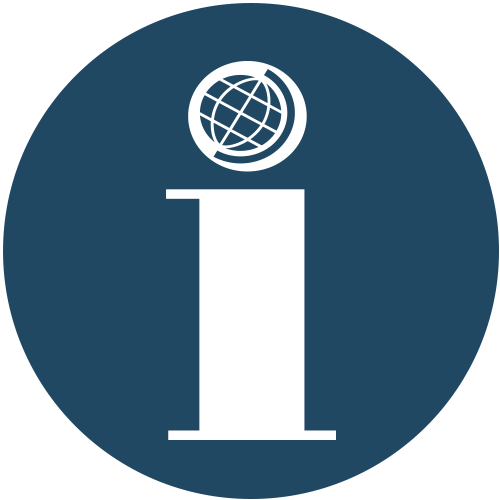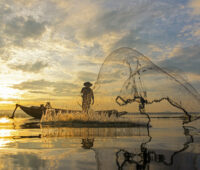As academic collaborations become increasingly virtual and geographically widespread, researchers are faced with novel challenges, as well as opportunities, as they attempt to create equitable, effective research partnerships. In this essay, the authors highlight the importance of shared reflexive conversations in building a strong foundation for collaboration and the coproduction of knowledge, particularly in the midst of ongoing crises. In so doing, they reflect on their experience of planning research on social innovation in small-scale fishing communities in Africa and Asia, as a team spread across six countries.













